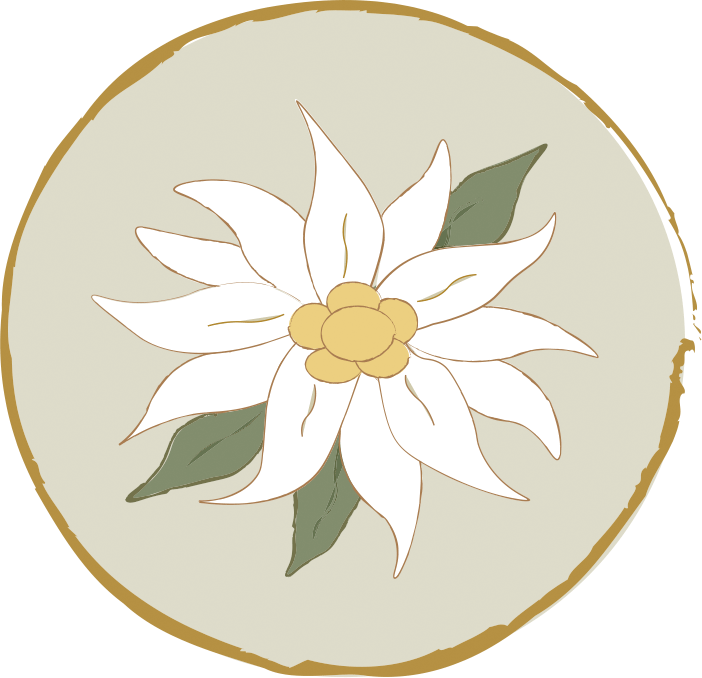What is Qi deficiency?
- afolckomer
- Jul 1, 2015
- 2 min read
Has your practitioner ever told you that your Qi was weak or deficient? Do you have predictable energy dips throughout the day, become short of breath easier than you expect, feel bloated or tired after a meal, incomplete after a bowel movement or get sick easily? Acupuncurists look for these clues, in combination with other information, to diagnose a Qi deficiency. It can be challenging to keep up with the demands of our daily routines, but we often don't take notice of how our busy lives affect our bodies until theres some sort of physical manifestation.
Qi deficency can be acquired short term or experienced chronically. To treat Qi deficiency, we shift our focus to the attention of our Lungs and Spleen. After all, what things are needed for basic living? Air and food. In Chinese medicine, we view the Lung and Spleeen as the primary organs of basic Qi manufacturing. Through the use of herbs, nutritional therapies and acupuncture, we can boost the functions of these organs to refine our ability to take in oxygen and nutrients.
I often give my patients quiet breathing drills. Controlled inhalation and exhalation drills are often seen in yoga classes or guided meditations, but what about the other 25,000 times a day you're breathing? Shouldn't we bring our awareness to that as well? Quiet breathing drills are a remarkable way to address a wide variety of symptoms ranging from musculoskeltal pain, anxiety and even constipation. By bringing awareness to our regular, everyday, quiet breathing, we are improving core stability and proper oxygen delivery to our muscles. Try setting a reminder on your phone to check in with your quiet breathing every now and then. You may be surprised at the health benefits!

























Comments